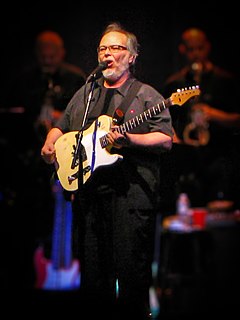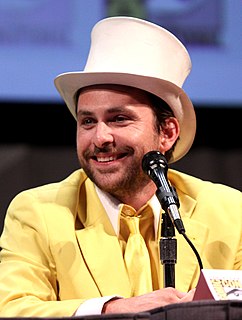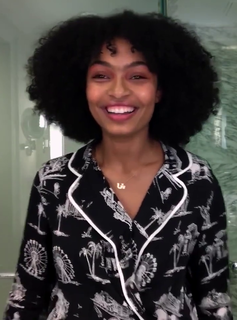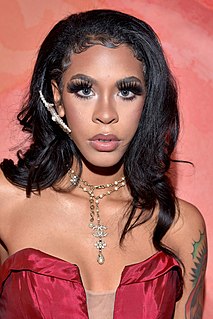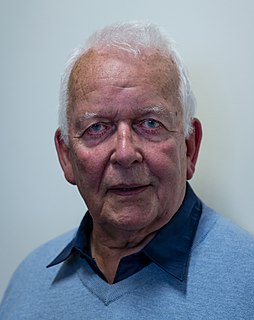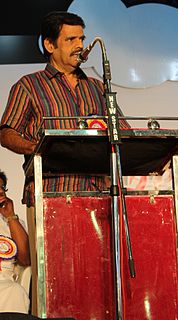A Quote by Walter Becker
We've been allowed to operate unmolested on the fringes of the music scene, really. That's where we enjoy it most.
Related Quotes
I'm really into everything. Something I've been asked throughout the years I've done the show is, "What kind of music are you into?" I find that to be a bizarre question, because it implies there are people out there that are only into one specific kind of music. But I think I, like most people, enjoy a wide variety of music.
I'm from Louisiana, and that's where I got my start, in Cajun music. There's a huge music scene down there centered around our culture. Those are people that are not making music for a living. They are making music for the fun of it. And I think that's the best way I could have been introduced to music.
